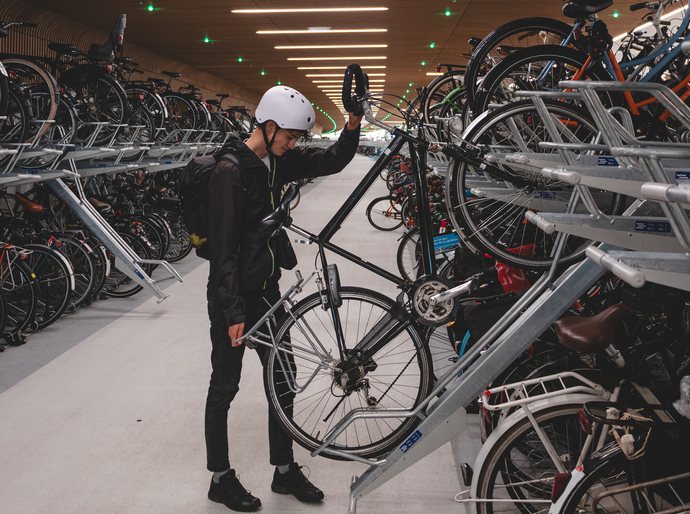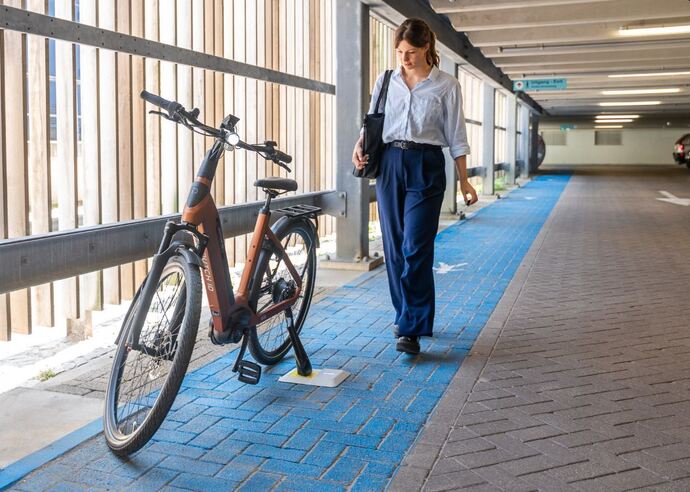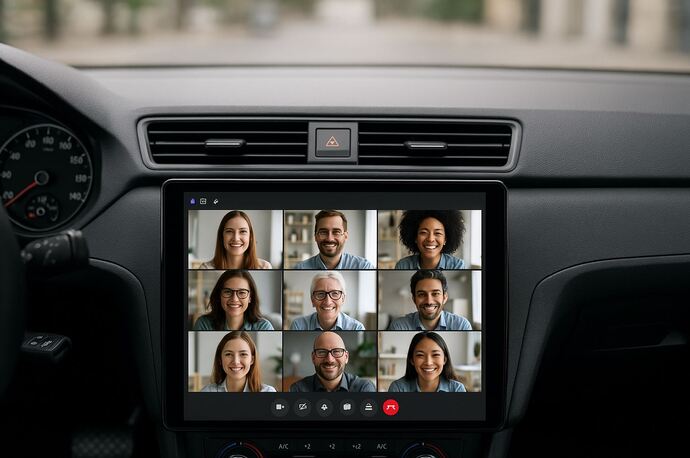Next-generation ULEZ cameras
July 16, 2024

Following in the footsteps of roadside cameras that detect speeding, mobile phone use and non-compliance of clean air zones such as London's ULEZ, comes tech that detects pollution from individual vehicles in real time.
The Emission Detection and Reporting (EDAR) system uses a laser to detect harmful gases from moving vehicles. EDAR can identify and quantify numerous gases including carbon monoxide, carbon dioxide and nitrogen dioxide, as well as particulate matter.
What sets EDAR apart is its ability to remotely monitor emissions from vehicles on multi-lane roads. Using infrared spectroscopy, it measures the exhaust temperature as gases exit the vehicle. This helps determine if a vehicle is in a warmed-up or cold-start state, which produces more pollutants, and prevent the mislabelling of these vehicles as high emitters.
Speed cameras
There's no doubt that speed cameras work. The only roads in the UK where drivers consistently adhere to speed limits are those monitored by average speed cameras. By contrast, in 20mph zones, a staggering 86 per cent of drivers have been found to break the speed limit.

These figures are based on data collected by the Department for Transport’s Automatic Traffic Counters (ATCs) and exclude locations where factors such as junctions, hills, sharp bends or speed cameras might slow drivers. In other words, the statistics provide insights into speeds at which drivers choose to travel when free to do so.
An expansion in the use of speed cameras under the 1997 New Labour administration contributed towards a near halving of road deaths over the following decade. The subsequent Conservative government pledged an end to the so-called 'war on motorists', removed many of the cameras and the road death number subsequently plateaued.
Noise cameras
Roadside noise cameras aim to improve health. A study from the Karolinska Institute found traffic noise above 50 decibels increases the risk of heart attacks by 40 per cent. According to the World Health Organisation, 40 per cent of Europeans are regularly exposed to traffic noise exceeding 55 decibels. In Sweden, noise levels above 55 decibels at the front of a building are illegal.

Mobile phone-use cameras
Devon and Cornwall police have tested an AI-powered camera system that detects speeding, mobile phone use and seat belt compliance. The system captures offenses on film, which are then reviewed by a human operator for verification.
Superintendent Adrian Leisk, told the BBC: "Using a mobile phone while driving is both dangerous and illegal. It puts the lives of the driver, passengers and other road users at risk - and that is unacceptable. Despite repeated messaging and even a change in the law which makes any contact with a mobile phone while driving illegal, sadly there are still some people who continue to ignore the rules."
ULEZ cameras
Towns and cities are safer and more pleasant places to live when people, rather than cars, are prioritised.
LTNs, 20mph limits, cycling infrastructure, 15-minute cities and, most recently, the expanded ULEZ have become a lightning rod for a host of broader (and often completely unrelated) frustrations.
Perhaps some people object to these environmental measures because they challenge the status quo. They signify a tide that's finally turning against decades of car-centric town planning.

The ethical choice
The ETA was established in 1990 as an ethical provider of green, reliable travel services. Over 30 years on, we continue to offer cycle insurance , breakdown cover and mobility scooter insurance while putting concern for the environment at the heart of all we do.
The Good Shopping Guide judges us to be the UK's most ethical provider.
Information correct at time of publication.







